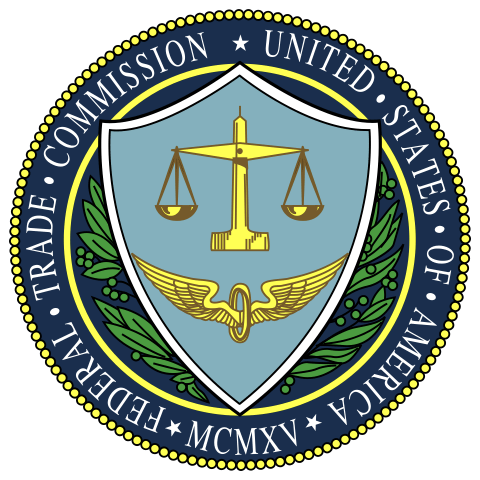by Andrew J. Ceresney, Charu A. Chandrasekhar, Avi Gesser, Arian M. June, Robert B. Kaplan, Julie M. Riewe, Jeff Robins, and Kristin A. Snyder

Top (left to right): Andrew J. Ceresney, Charu A. Chandrasekhar, Avi Gesser, and Arian M. June
Bottom (left to right): Robert B. Kaplan, Julie M. Riewe, Jeff Robins, and Kristin A. Snyder (photos courtesy of Debevoise & Plimpton LLP)
On March 18, 2024, the U.S. Securities and Exchange Commission (“SEC”) announced settled charges against two investment advisers, Delphia (USA) Inc. (“Delphia”) and Global Predictions Inc. (“Global Predictions”) for making false and misleading statements about their alleged use of artificial intelligence (“AI”) in connection with providing investment advice. These settlements are the SEC’s first-ever cases charging violations of the antifraud provisions of the federal securities laws in connection with AI disclosures, and also include the first settled charges involving AI in connection with the Marketing and Compliance Rules under the Investment Advisers Act of 1940 (“Advisers Act”). The matters reflect Chair Gensler’s determination to target “AI washing”—securities fraud in connection with AI disclosures under existing provisions of the federal securities laws—and underscore that public companies, investment advisers and broker-dealers will face rapidly increasing scrutiny from the SEC in connection with their AI disclosures, policies and procedures. We have previously discussed Chair Gensler’s scrutiny of AI washing and AI disclosure risk in Form ADV Part 2A filings. In this client alert, we discuss the charges and AI disclosure and compliance takeaways.
Continue reading →










